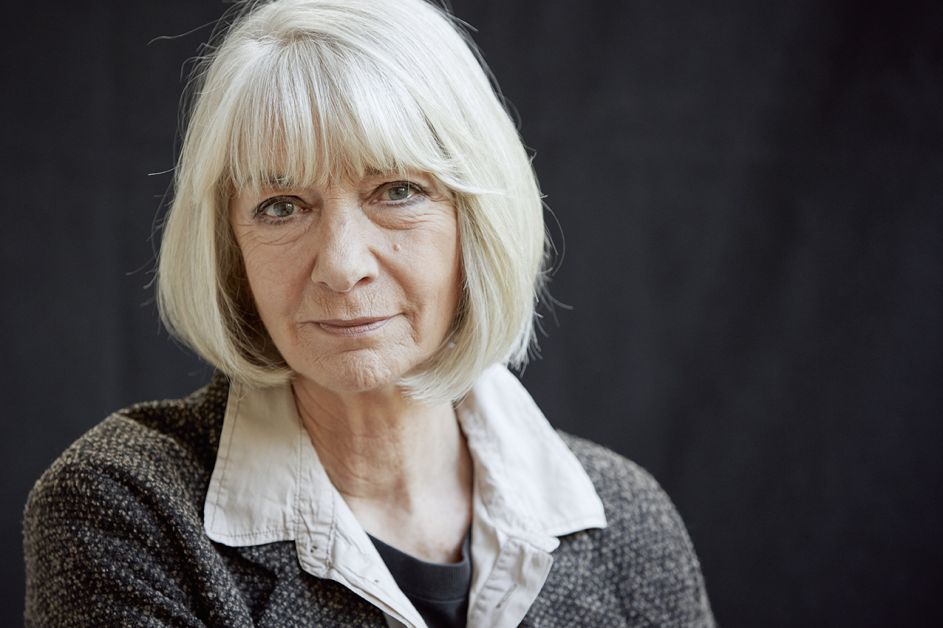born in Vienna in 1939, was an actress at the Burgtheater in Vienna from her training at the Max Reinhardt Seminar until 1999. She writes and interprets songs, has made films and published numerous books. In 2000 she was awarded the Golden Medal of Honour of the City of Vienna and in 2009 the Austrian Book Trade Prize of Honour for Tolerance in Thought and Action. Her books published by Residenz Verlag include: ‘Die öffentliche Frau’ (2013), ‘Hedwig heißt man doch nicht mehr’ (2021), ‘Gitti’ (2023), ‘Trotzdem’ (2024) and ‘Spät aber doch’ (2025).
all events
